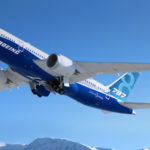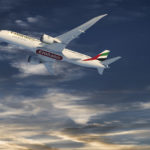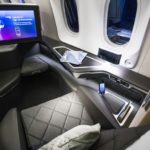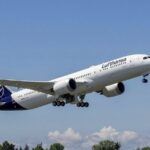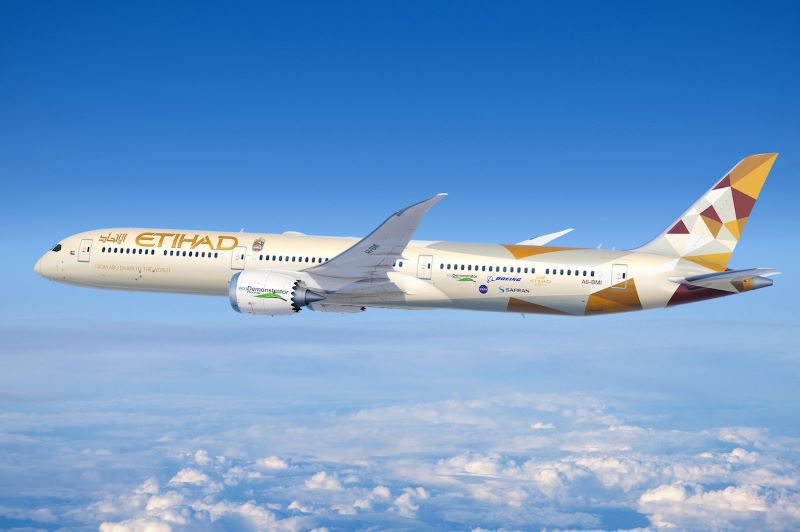
(TAN): Boeing and Etihad Airways will use a 787-10 Dreamliner to test ways to reduce emissions and noise as part of the planemaker’s ecoDemonstrator program before the airline accepts delivery of the airplane later this year.
The collaboration, which includes extensive sound measurement testing with industry partners, builds on a strategic sustainability alliance Boeing and Etihad started in November 2019.
[ALSO READ: Hyatt’s Miraval Spa And Wellness Brand Debuts In Lenox, Mass]
“This is the latest program under Etihad’s industry-leading strategic partnership with Boeing, focusing on innovating real-world solutions to the key sustainability challenges facing the aviation industry,” Etihad Aviation Group CEO Tony Douglas said. “The ecoDemonstrator program is founded on innovation and sustainability — and these are core values for Etihad Airways, Abu Dhabi and the United Arab Emirates. Etihad and Boeing see a great opportunity to collaborate and share knowledge to minimize the impact of aviation on the environment.”
The ecoDemonstrator program utilizes commercial aircraft to test technologies that can make aviation safer and more sustainable now and into the future. The 2020 program, which will begin testing in August, is the first to use a Boeing 787-10 Dreamliner.
[ALSO READ: Sri Lanka To Provide Support And Register Small, Medium Tourism Businesses]
“Industry collaboration is a key aspect of Boeing’s ecoDemonstrator program that enables us to accelerate innovation,” said Stan Deal, Boeing Commercial Airplanes president and CEO. “We’re proud to broaden our sustainability partnership with Etihad Airways by testing promising technologies that can reduce emissions, help commercial aviation meet our climate goals, and allow the industry to grow in a responsible manner that respects our planet and its natural resources.”
Boeing and Etihad will work with partners, including NASA and Safran Landing Systems, to conduct aircraft noise measurements from sensors on the airplane and the ground. The data will be used to validate aircraft noise prediction processes and the sound reduction potential of aircraft designs, including landing gear, that are modified for quieter operations.
[ALSO READ: Air New Zealand Opens Refurbished Domestic Lounge At Auckland Airport]
In addition, a flight will be conducted during which pilots, air traffic controllers and an airline’s operations center will simultaneously share digital information to optimize routing efficiency and enhance safety by reducing workload and radio frequency congestion.
Test flights will be flown on a blend of sustainable fuel, which significantly lowers aviation’s environmental footprint. The testing program is expected to last about four weeks before Etihad enters its Boeing 787-10 into service.

